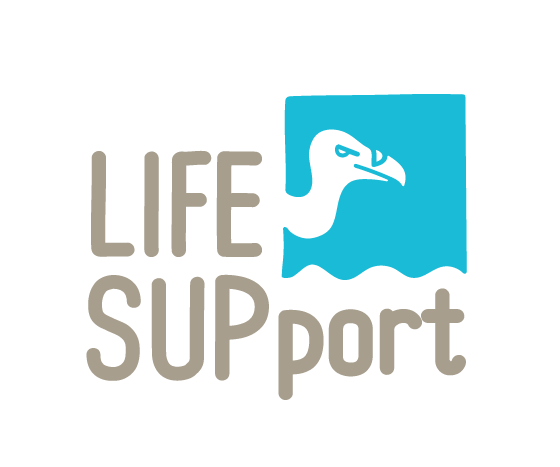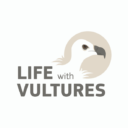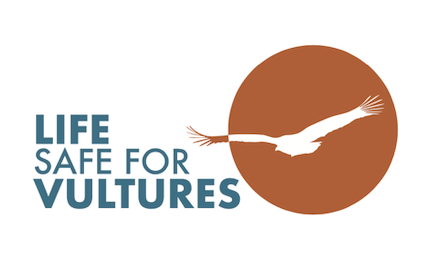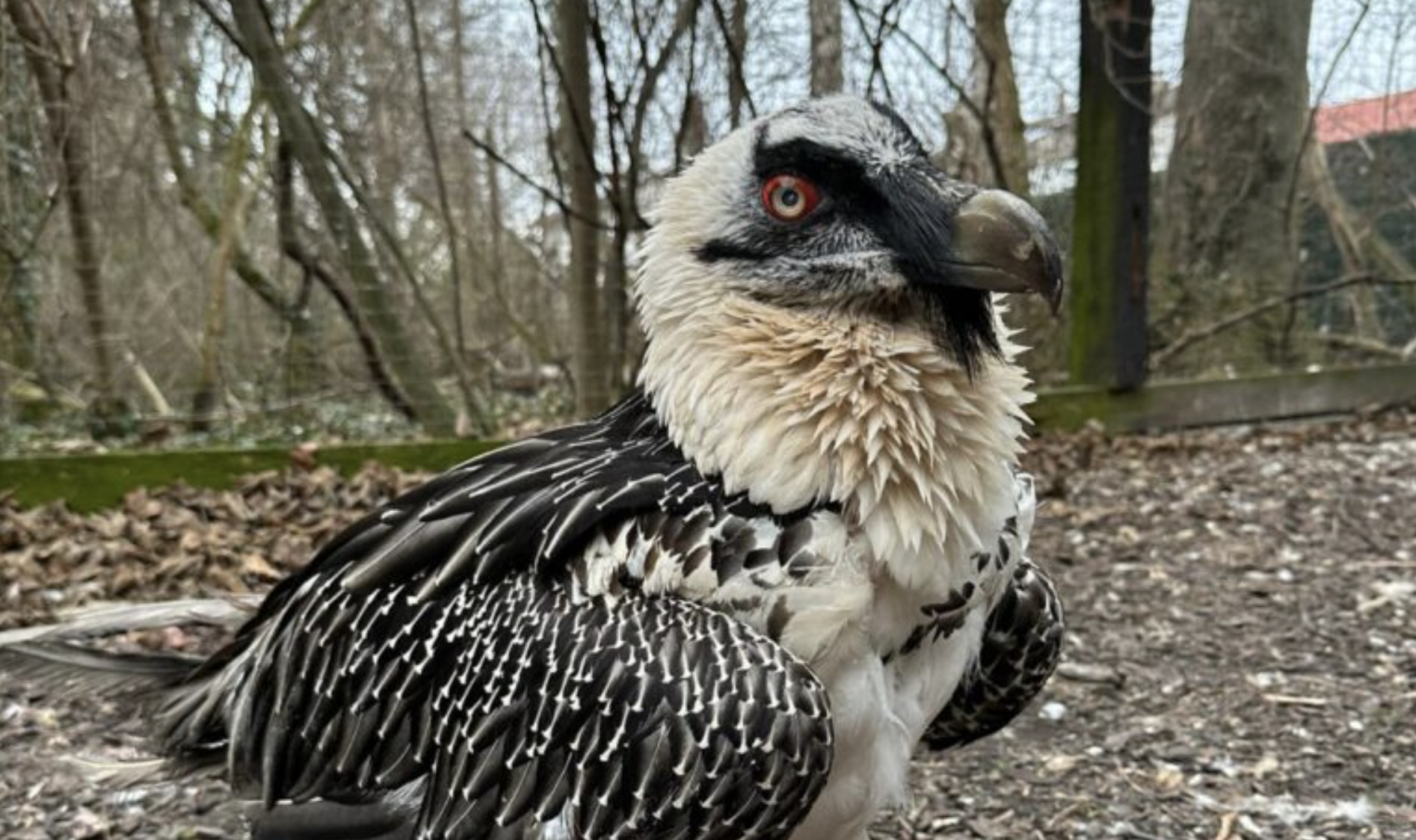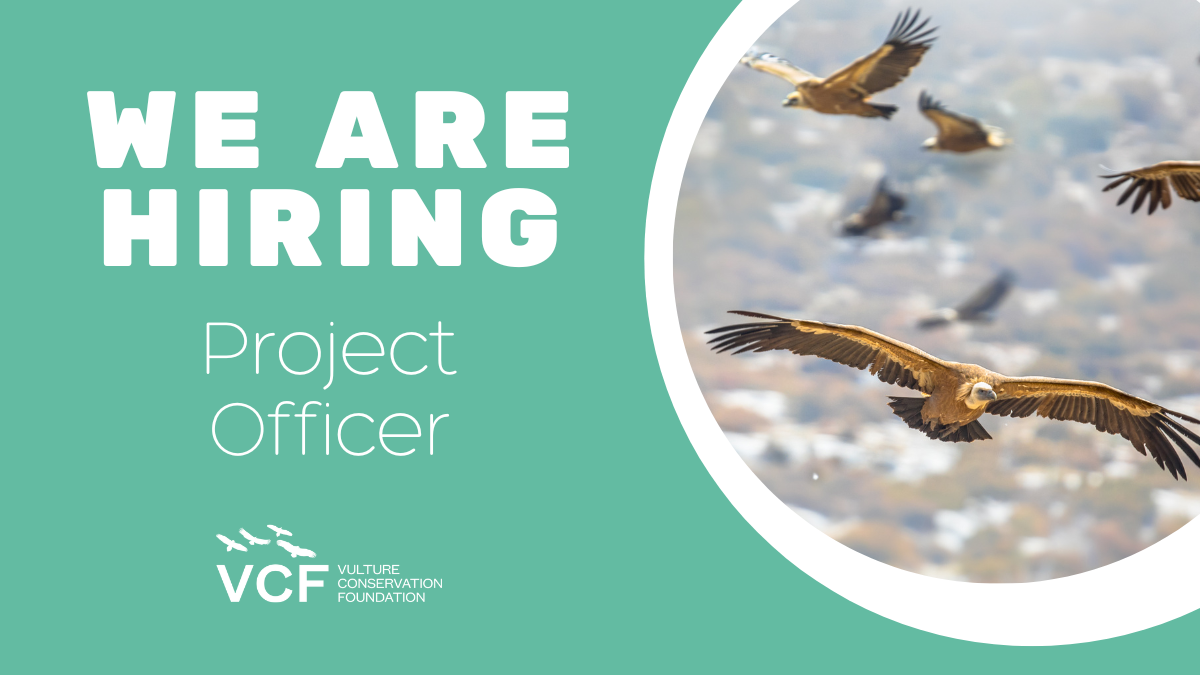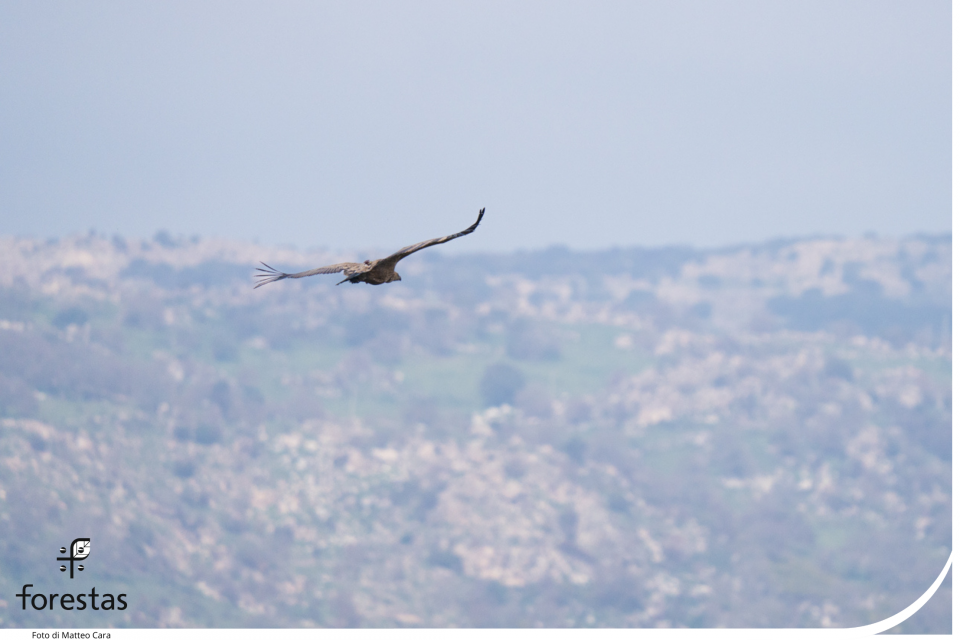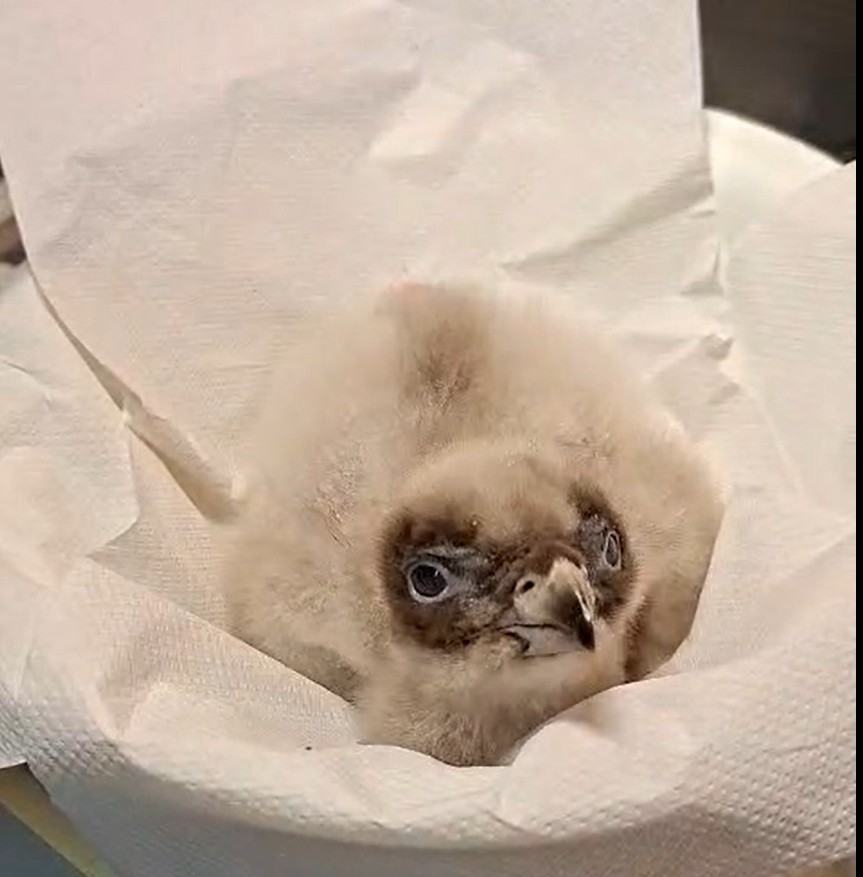WHY PROTECT VULTURES?
Vultures often get a bad reputation and are perceived as lowly scavengers, but they play a crucial role in the environments in which they live. Known as ‘nature’s clean-up crew’, these scavengers do the dirty work of cleaning up after death, helping to keep ecosystems healthy and providing significant socioeconomic value to local communities.
Here at the Vulture Conservation Foundation (VCF), we are sustainably growing our conservation work to protect Bearded Vultures, Griffon Vultures, Egyptian Vultures and Cinereous Vultures to ensure that they have a bright future in Europe.
OUR WORK
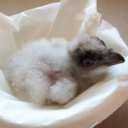
CAPTIVE BREEDING
We own most of the Bearded Vultures in captivity in the world and collaborate with over 40 zoos and breeding centres to coordinate the captive breeding of Bearded Vultures in Europe. Captive breeding plays a vital role in reintroduction programmes.
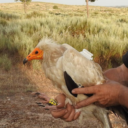
MONITORING
We closely monitor all of Europe's vulture species to study and understand their behaviour to help inform more accurate conservation actions. This includes tagging many individuals with GPS tags.
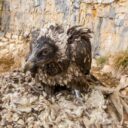
REINTRODUCTION
We are involved in multiple reintroduction-restocking projects to bring species back in areas where they disappeared or boost local populations across Europe for the Bearded Vulture, Cinereous Vulture, Griffon Vulture and Egyptian Vulture.
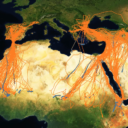
RESEARCH
Apart from following vulture research outputs to inform current and future conservation strategies, our staff and board members are leading scientists shaping vulture conservation research.
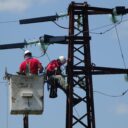
TACKLING THREATS
We mitigate the threats European vultures face head-on through executing concrete conservation actions, developing action plans and sharing our expertise.


